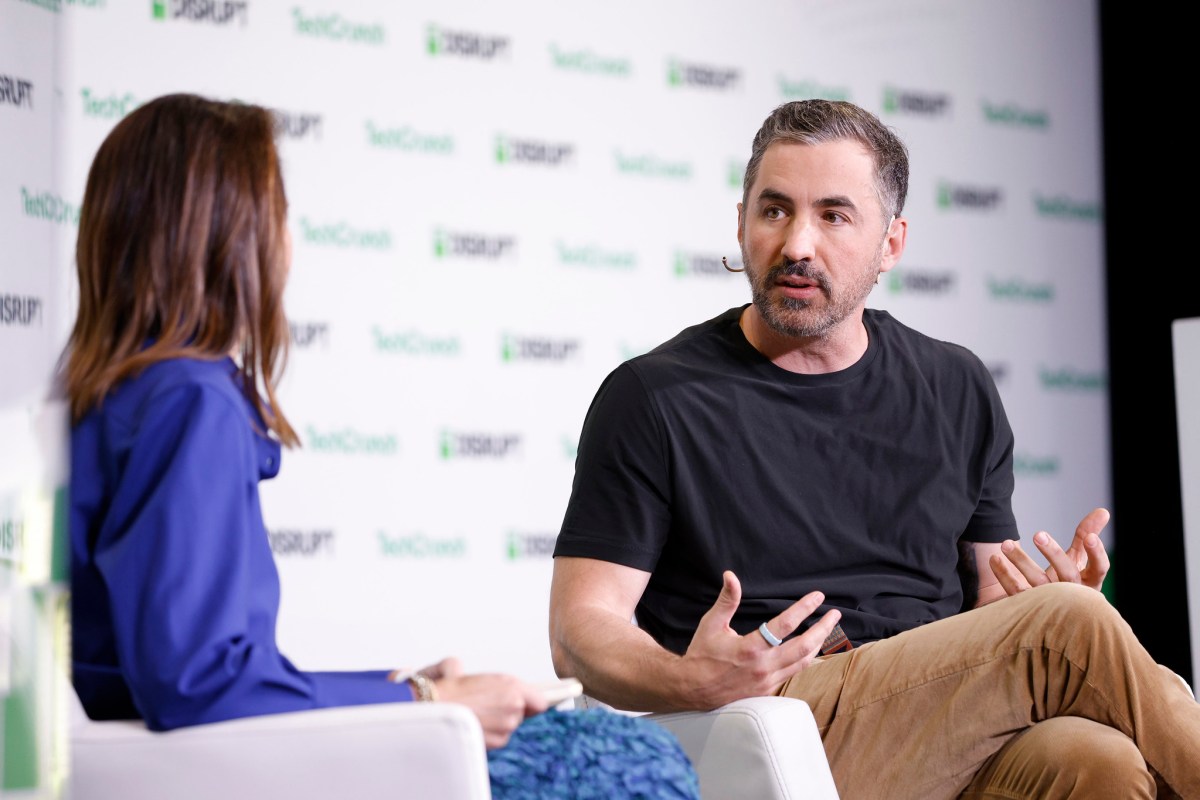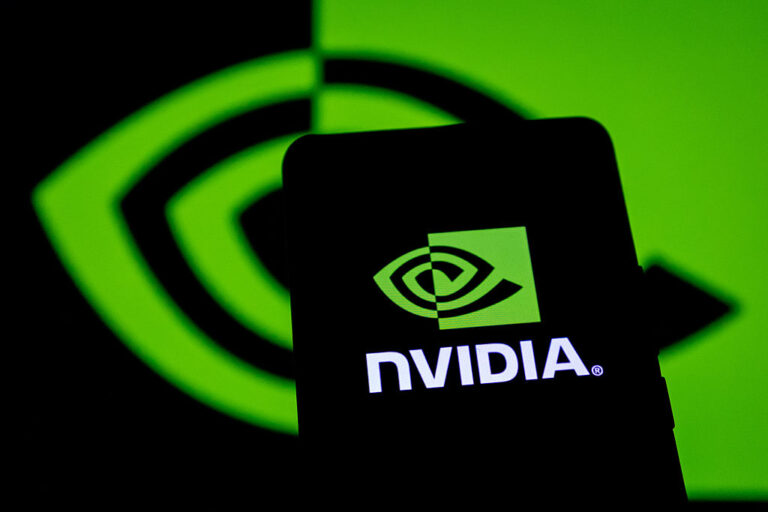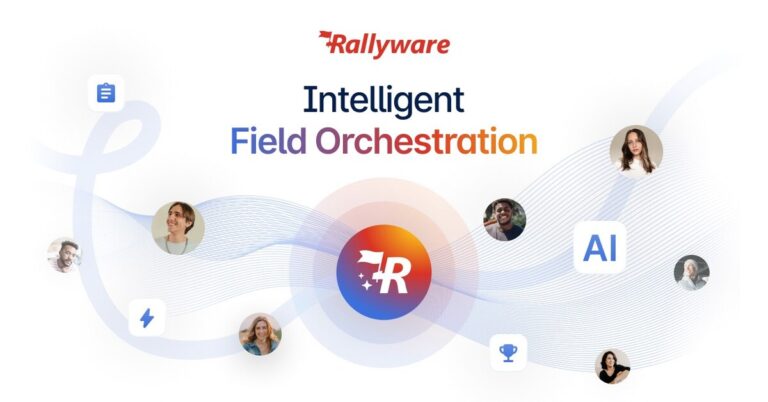Kevin Rose’s Unconventional Approach to Evaluating AI Hardware Investments
Kevin Rose, a seasoned investor and general partner at True Ventures, has a striking rule for assessing AI hardware: “If it makes you want to punch someone in the face for wearing it, don’t invest.” This candid perspective stems from his extensive experience with the current surge of AI startups, many of which are repeating past mistakes. While tech investors flock to fund the latest innovations like smart glasses and AI wearables, Rose is treading lightly, prioritizing emotional resonance and social acceptance in his evaluations.
Evaluating the Social Impact of AI Wearables
Rose has already witnessed the fallout from aggressive AI integration. With past experience on the board of Oura, which dominates the smart ring market, he emphasizes that successful products go beyond technical prowess; they must connect emotionally with users. He shares a personal anecdote about using the now-defunct Humane AI pendant during an argument with his wife, highlighting the potential pitfalls of relying on AI for interpersonal interactions.
Critiquing AI’s Role in Everyday Life
Rose expresses concerns about how AI applications often overlook important social constructs. “We tend to attach AI to everything, and it’s damaging,” he argues. He cites examples such as photo apps that allow users to remove background elements, questioning the long-term implications for personal memories. “We might look back and regret our decisions, similar to the way we view early social media choices,” he adds.
Navigating AI in Family Dynamics
The investor’s perspective extends into family life as well. Confused by videos generated with OpenAI’s Sora, his children questioned the existence of fictional puppies, prompting Rose to explain that, like movie magic, AI can create illusions that aren’t real. His insight into developing conversations around AI with children reflects a broader concern regarding the technology’s societal footprint.
Optimism for Future Entrepreneurship
Despite his reservations, Rose remains optimistic about AI’s transformative potential in entrepreneurship and venture capital. He notes that the barriers for new entrepreneurs are continually diminishing. He recounts a colleague who successfully built an app using AI coding tools during a road trip, emphasizing the rapid acceleration from concept to deployment.
Anticipating the Future of Venture Capital
Looking ahead, Rose predicts significant advancements with forthcoming innovations like Google’s Gemini 3, which could dramatically reduce errors in app development. He foresees that future coding classes will focus less on traditional methods and more on creative problem-solving, enabling budding entrepreneurs to launch billion-dollar businesses straight out of high school.
The Changing Landscape of Venture Investment
These developments fundamentally shift the venture capital landscape. Entrepreneurs now have the option to delay fundraising or even forego it entirely. Rose notes that this evolution requires VC firms to adapt. He believes that the emotional intelligence (EQ) of investors will become increasingly crucial, as successful partnerships between founders and VCs rely on understanding the emotional challenges of launching a startup.
Investing in Bold Ideas
For Rose, the qualities he seeks in prospective investments hark back to advice from Google co-founder Larry Page regarding a “healthy disregard for the impossible.” He looks for founders ready to take significant risks with visionary ideas, stating, “Even if a venture fails, we value the innovative thought process.” This outlook represents a fundamental shift in how investment decisions may be made in the rapidly evolving tech landscape.







